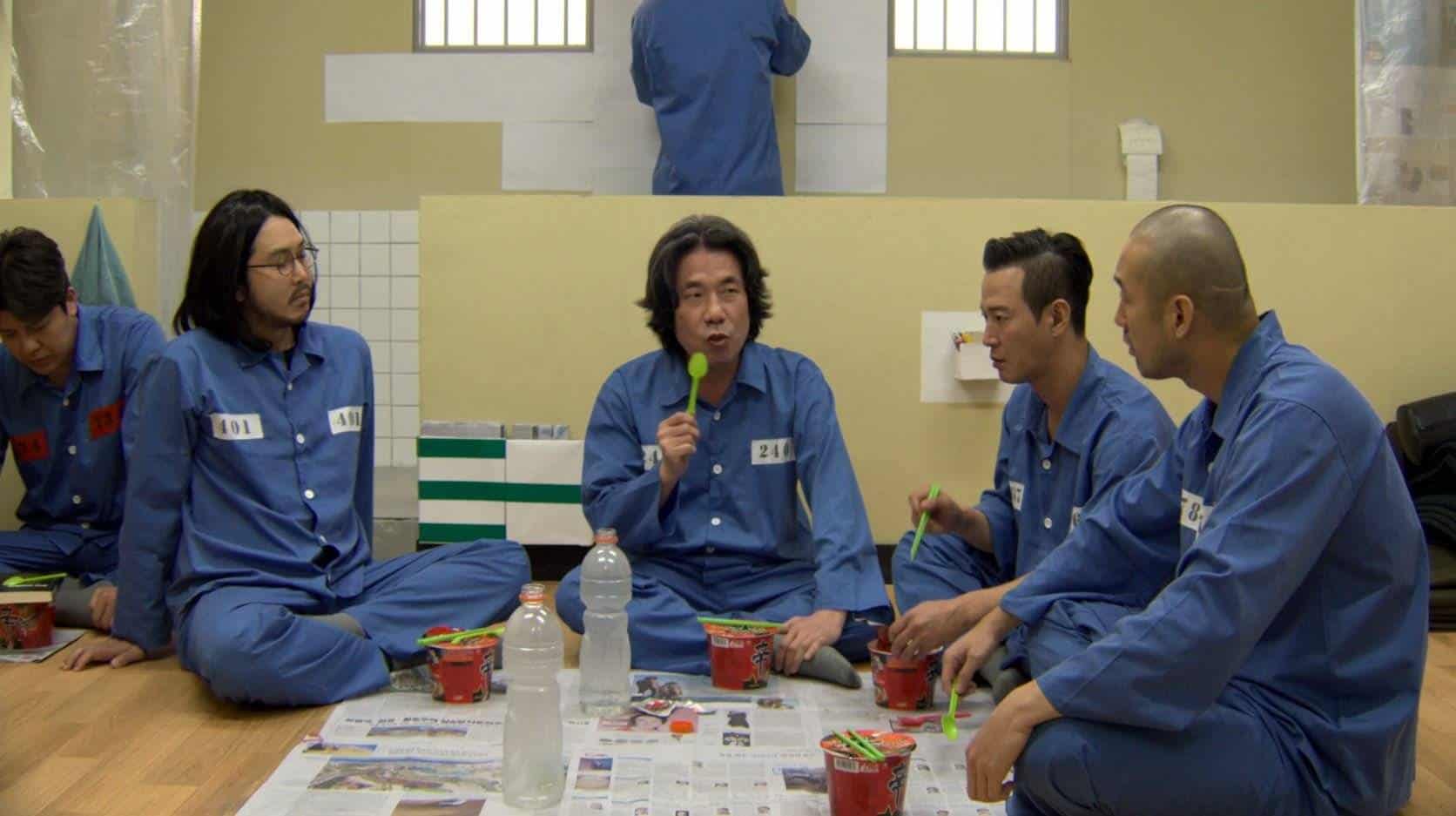The quirky, off-beat comedy is a style Japanese filmmakers always had a knack for, with a number of them taking place in the small islands around the mainland, which seem to include their own sense of eccentricity. Following the same path with movies like “Okinawan Blue”, Takumi Takashima has his story unfolding in the island of Enishi, where the curse of Princess Kasumi continues to impact the lives of the locals.
“The Legend of Princess Kasumi” screened at the 42nd PIA Film Festival

The protagonist, Kobayashi, travels to this island with his girlfriend, Miyauchi, who asks him on a beach whether he is truly in love with her. However, at that point, the aforementioned curse turns Miyauchi into a clay figurine, leaving Kobayashi shattered, since he cannot understand where his girlfriend has gone. Eventually he leaves the island, but one night, he is told in his dream to “return to the island and find true love if you want your loved one to become human again.” Kobayashi does so, and with the help of the locals, who let him know about the legend of Princess Kasumi, tries to find true love, break the curse, and be reunited with Miyauchi. At the same time though, and in a parallel narrative, the girl also seems to experience something similar.
Takumi Takashina directs a film that unfolds in two axes: one that is based on the story which follows the comedic path mentioned in the prologue with a splash of surrealism and of the supernatural, and one that functions as a tour guide to the beauties of the island, with the two intermingling throughout the movie. The perplexity of Kobayashi about what is happening, which is portrayed excellently by Takeshi Kobayashi, is combined with the attitude of the locals, who seem willing to help, but at the same time, cannot hide their eccentricity, with the slightly obese man with the rather strange sense of humor highlighting the fact in the best fashion.
Gradually, it is revealed that the curse of the Goddess essentially aims at keeping people in the island, in a comment that seems to state the issues the fact that locals tend to leave these place to move to the urban centers, create. However, this aspect is a bit awkwardly presented, particularly when combined with the concept of true love, emerging as the most significant fault in an otherwise appealing narrative.

On the other hand, the tour guide aspect is impressive, highlighting Takashina's own cinematography, which results in a number of images of intense beauty. The interactions with the historian who is also the local museum attendant is another element that works well in that regard, as it explains both the legend and a bit more about the local history, while adding a sense of mystery about what is happening. The focus on the colorful figurines is also well-presented, with the sequence of stop-motion working quite well within the narrative. Lastly, the images that combine the sea, the sky, and the rocky beaches with the coast of the island are also very well portrayed.
In terms of narrative, Takashina has some things to improve, but technically, he seems to be on a very good level, both in terms of cinematography and editing, which, in this case, follows the rules of the Japanese indie, although with an episodic twist. His eye for composition is also evident, and I am sure that we will hear more of him in the future, as “The Legend of Princess Kasumi” emerges as a rather interesting movie.















